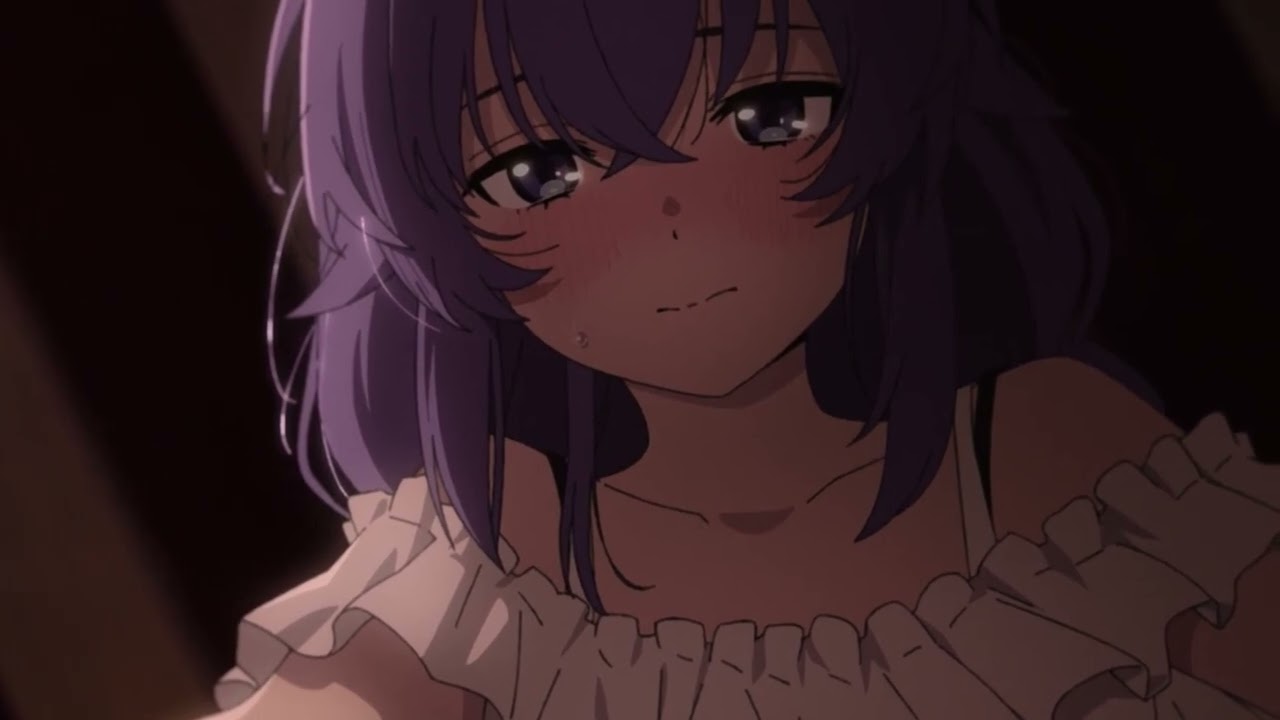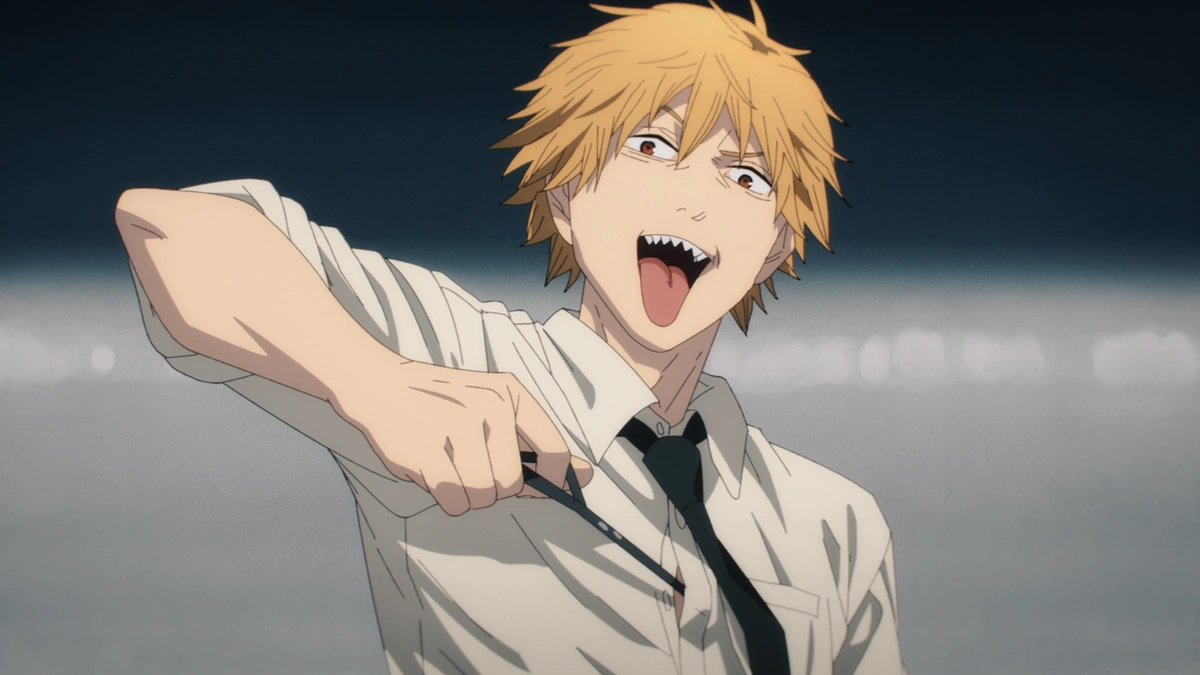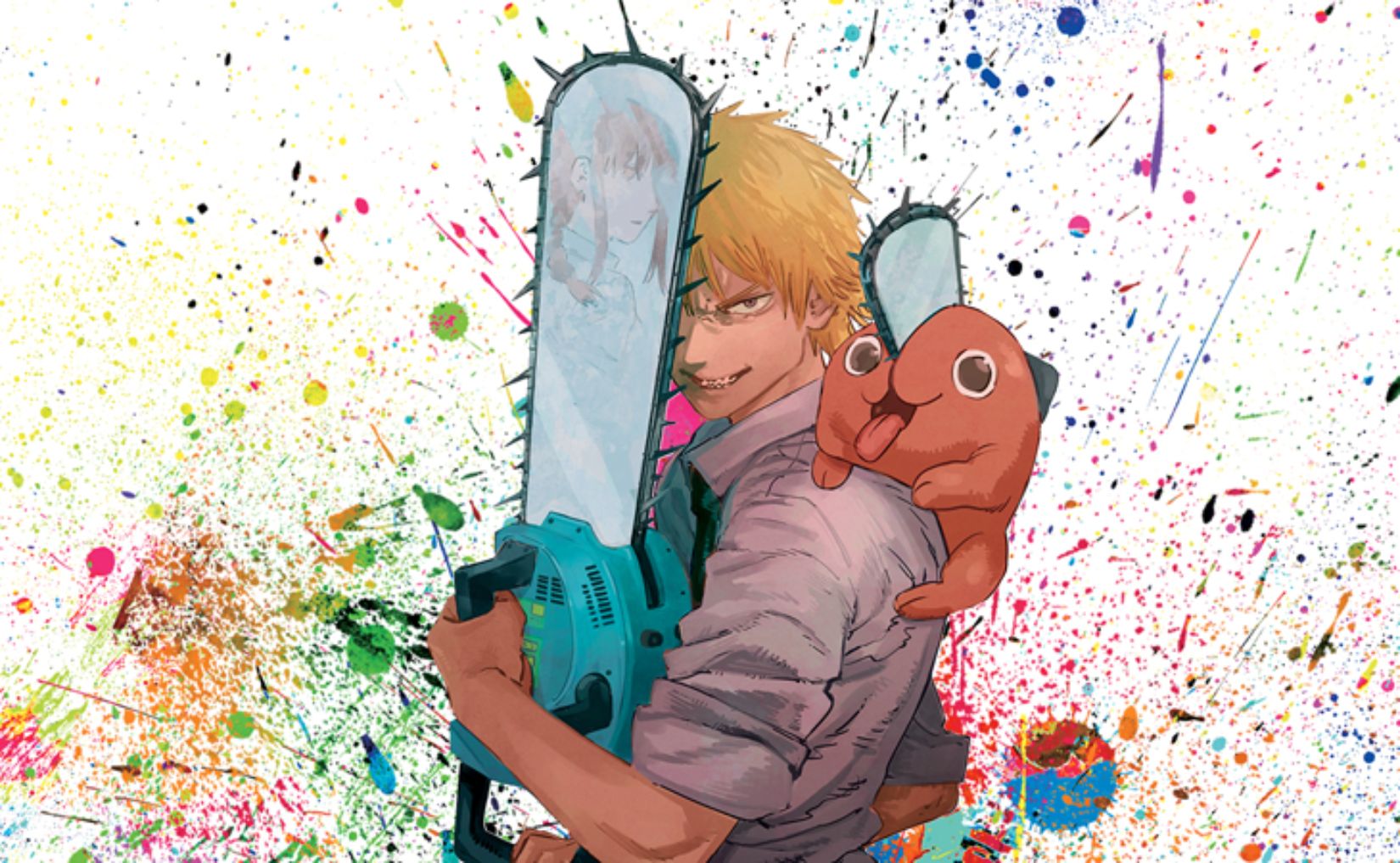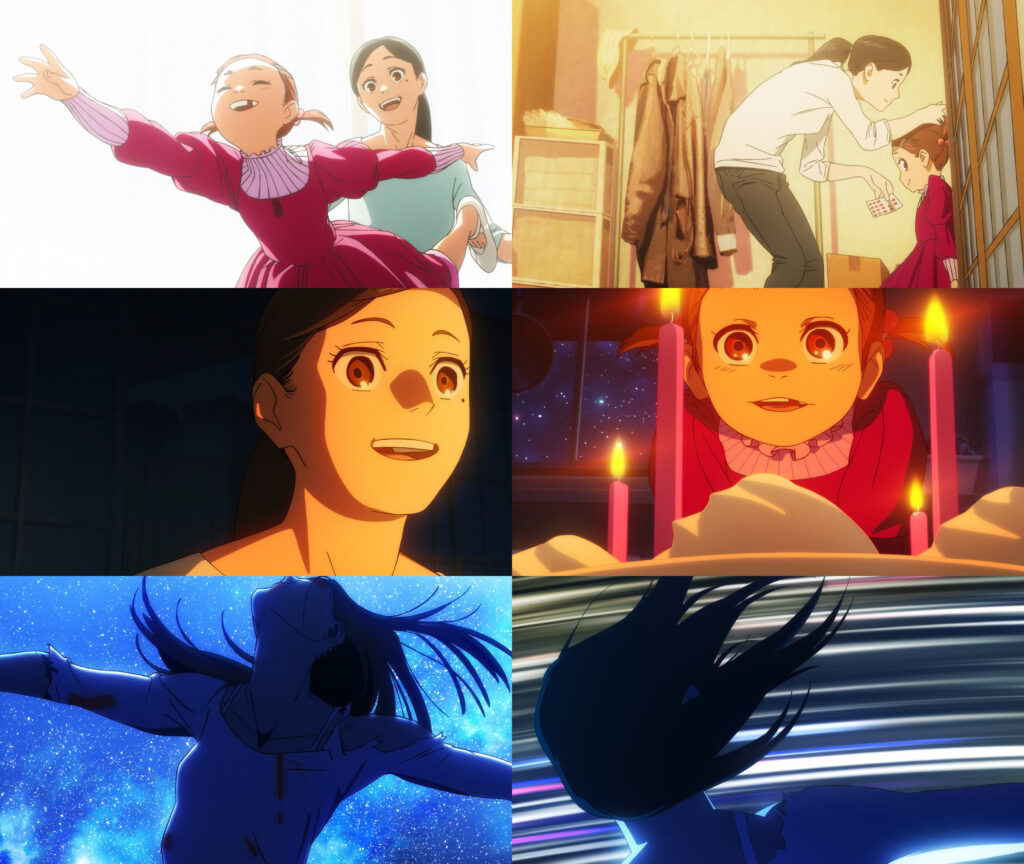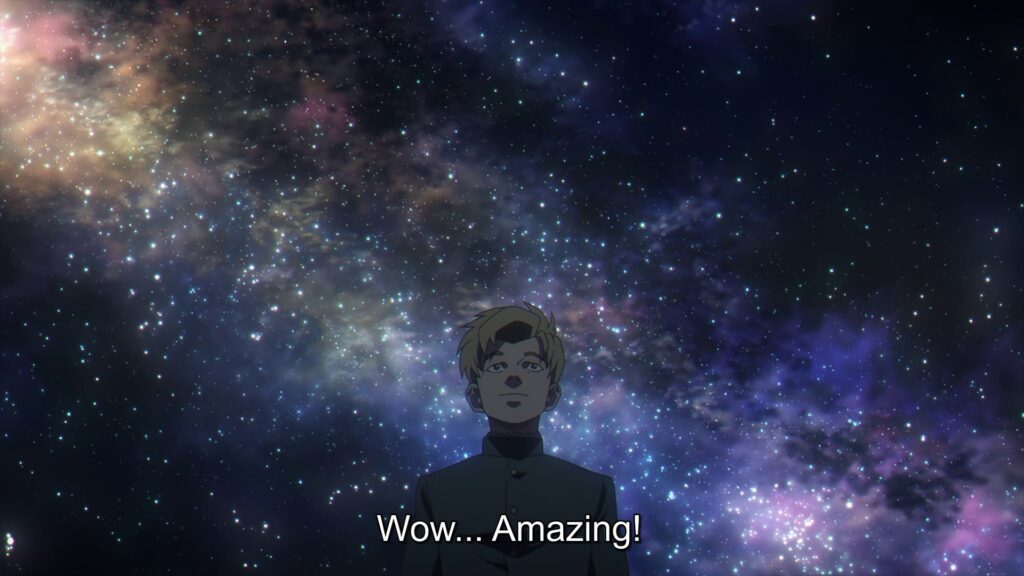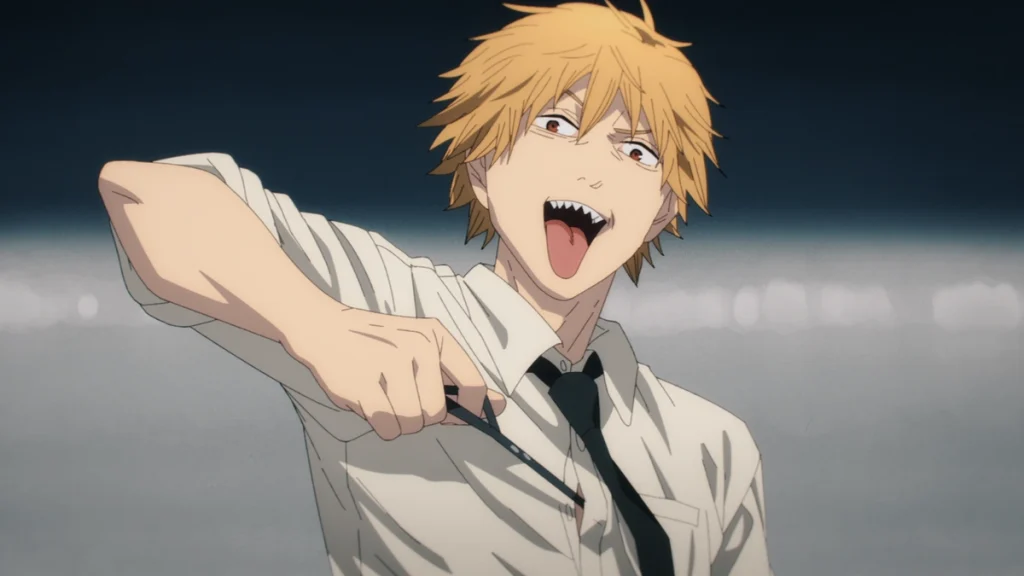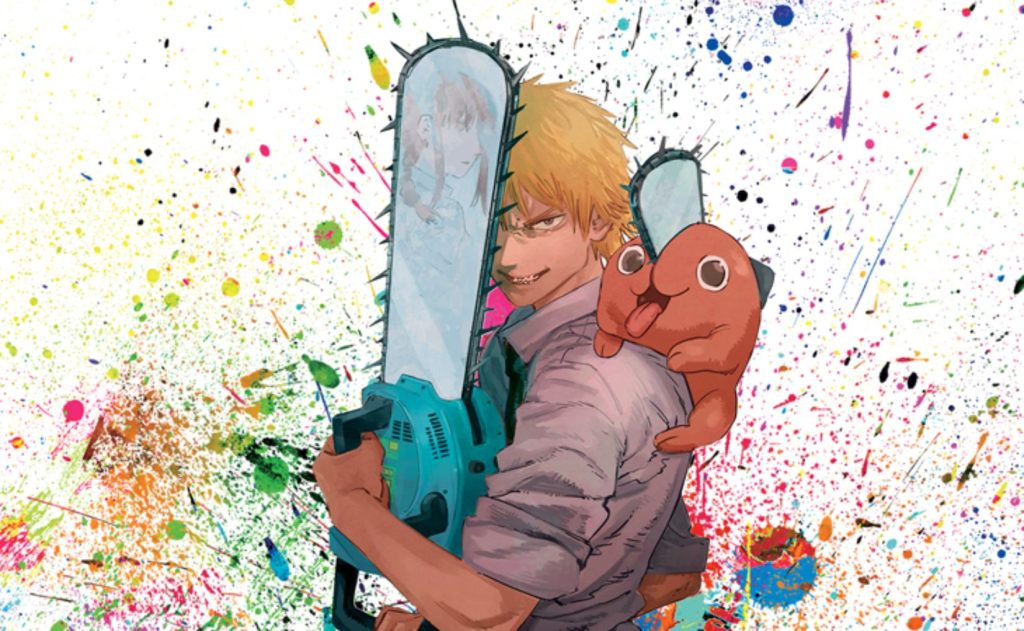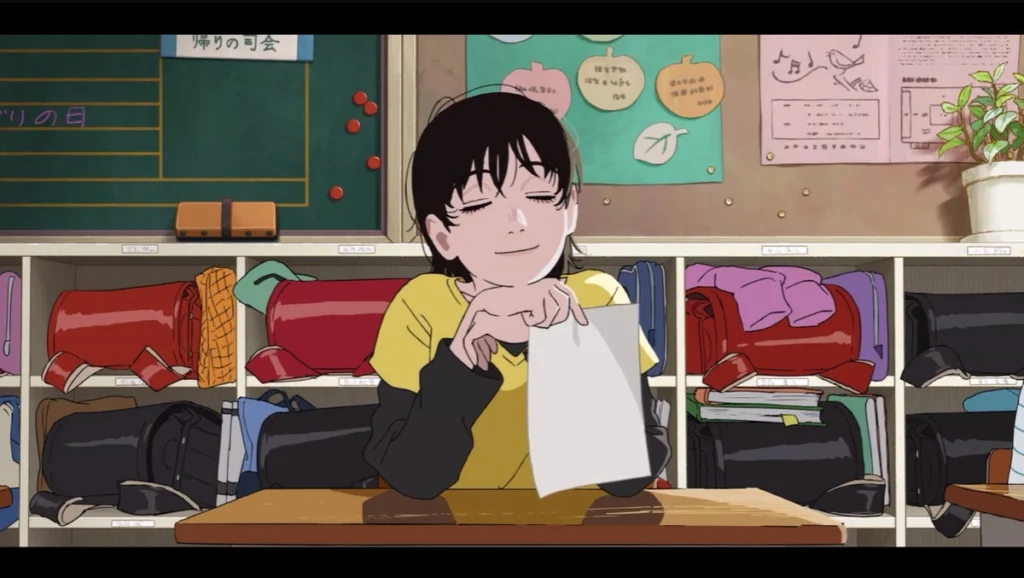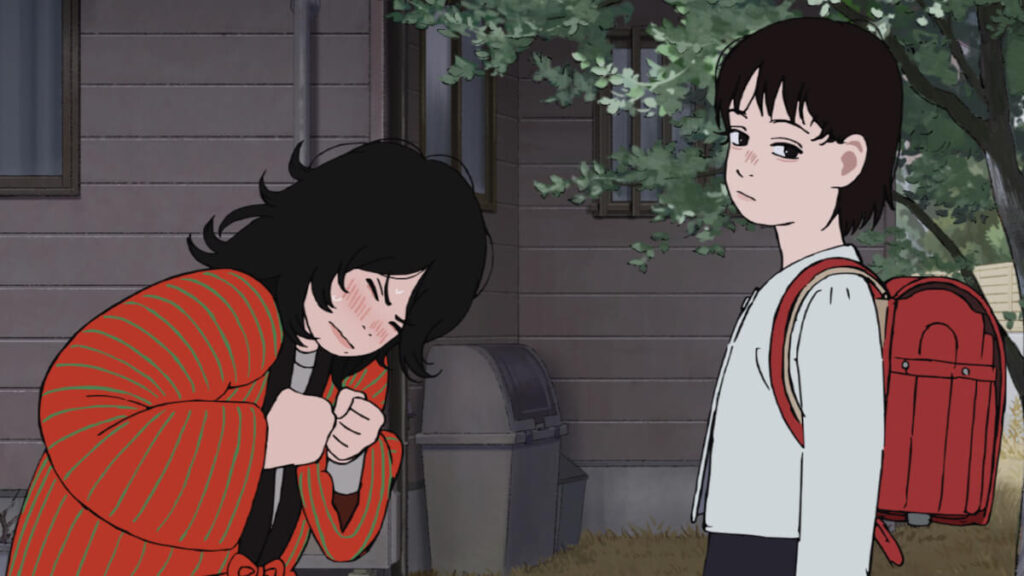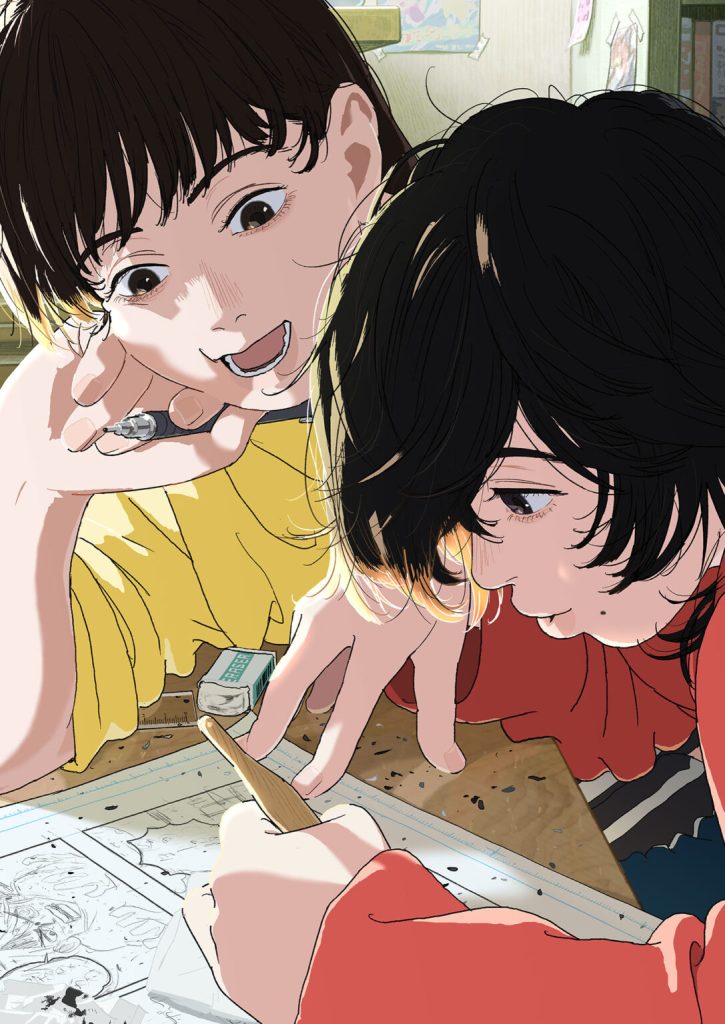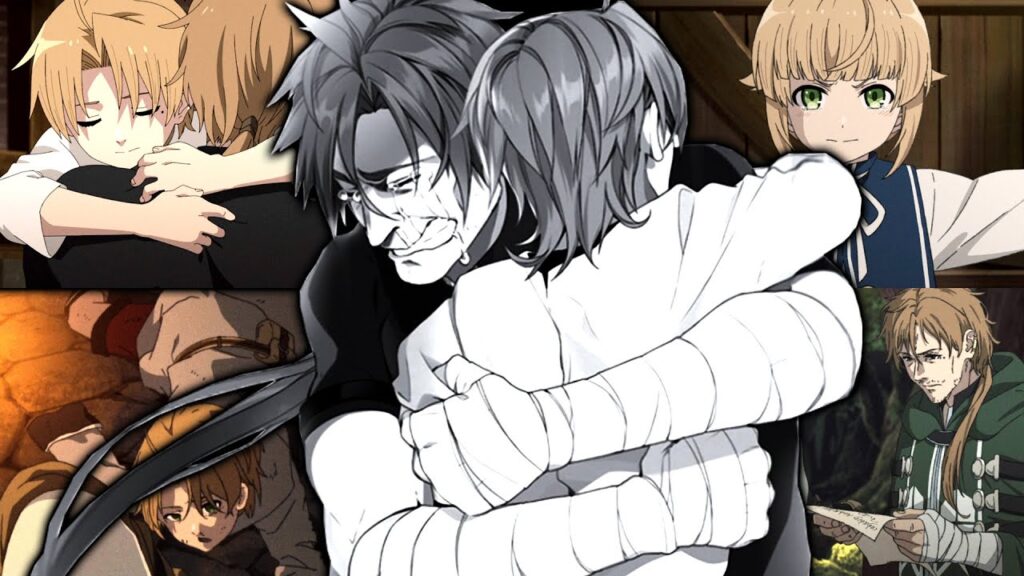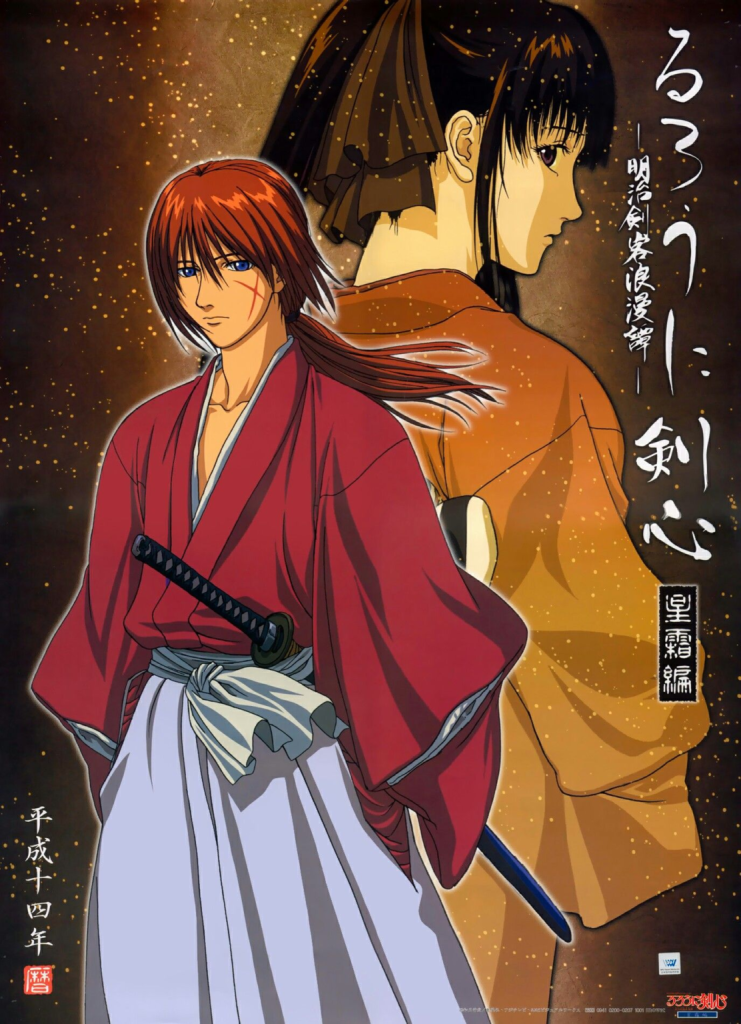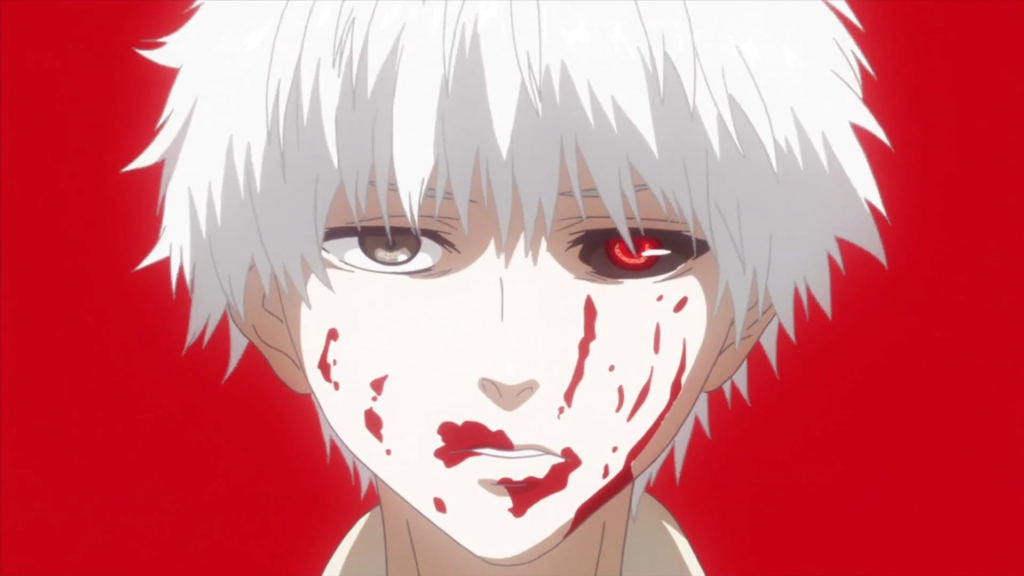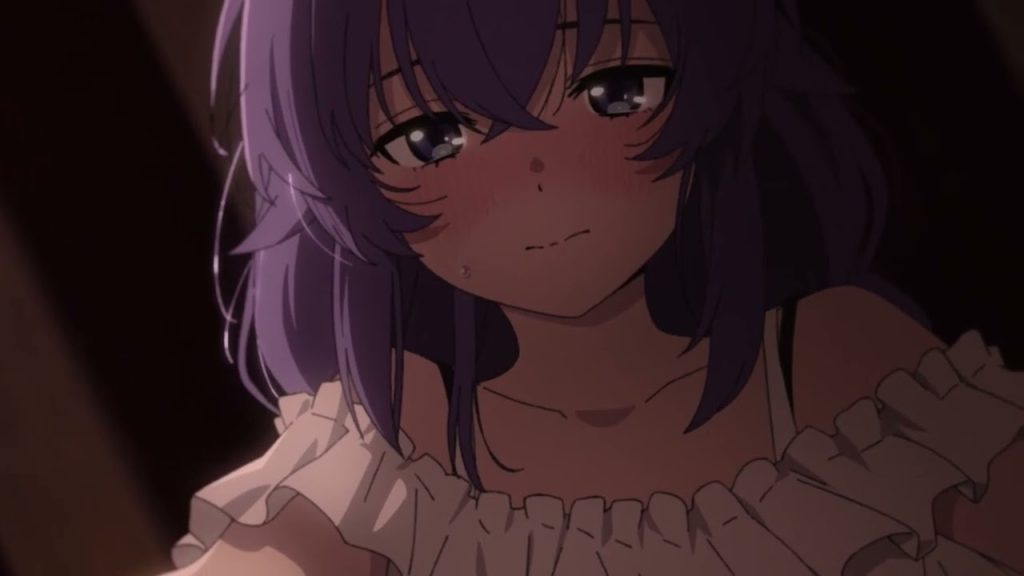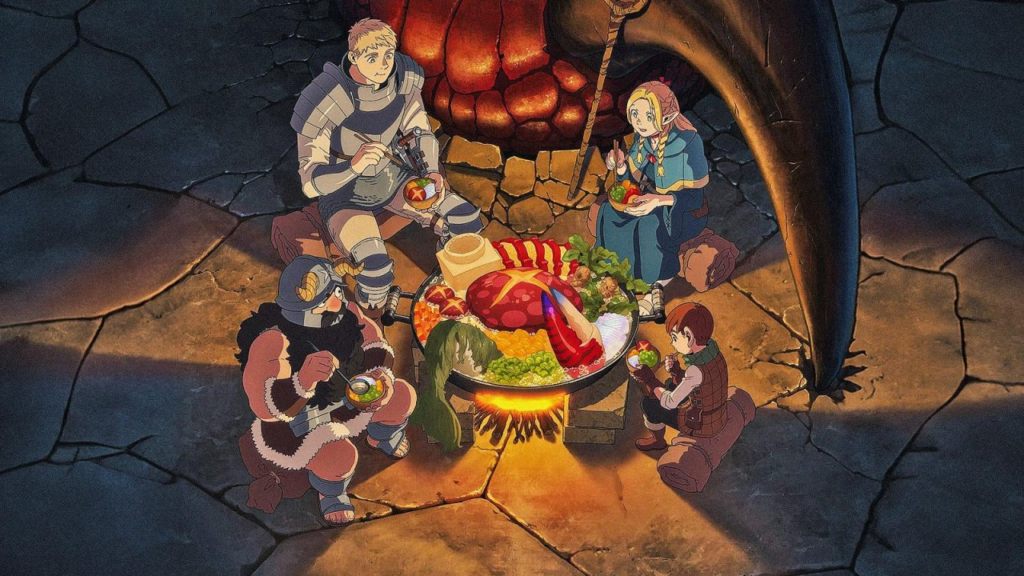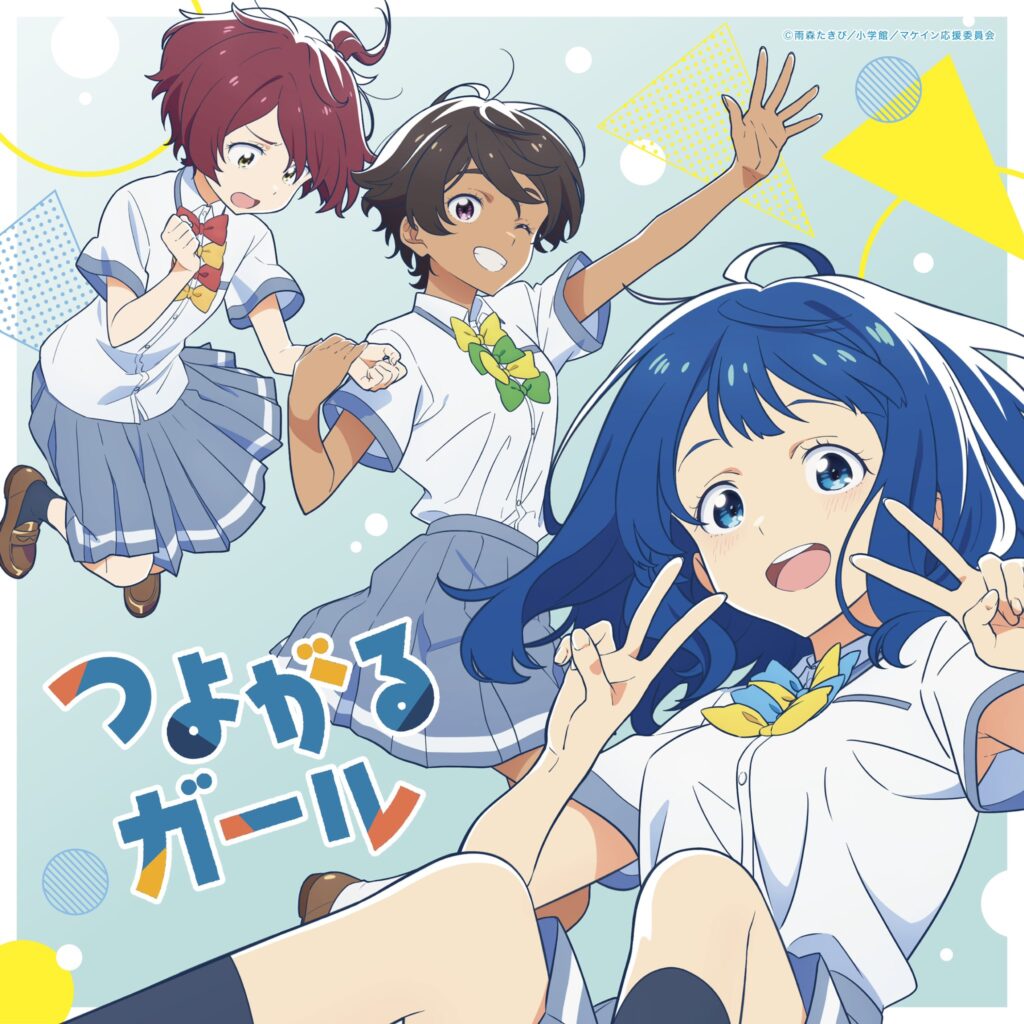Clearly, the heated topic of discussion among fans regarding *Mushoku Tensei* lately revolves around the detail where Rudy marries Roxy as his second wife—Roxy, who was once his tutor. Let’s not forget that this is an isekai anime, often hailed as one of the trailblazers that fueled the growing trend of transmigration or reincarnation into new worlds. So, it’s hardly surprising that the work includes harem elements or even that the author would play the ‘polygamy card.’ What I think sparks the controversy here is how the author portrays this element: ‘Why did he have to cheat on Sylphy?’ ‘Why did it have to happen right after Rudy’s father passed away?’ Indeed, having Rudy and Roxy engage in an affair while Sylphy, pregnant and waiting for her husband to come home every day, feels like an extreme move by the author—one that leaves a bitter aftertaste for viewers, far from pleasant.
Is Rudy and Roxy’s Behavior Wrong Even in a Medieval Context?
First off, are Rudy and Roxy’s actions morally wrong, even if we apply some medieval societal backdrop? I’d raise both hands and feet in agreement—absolutely. In the anime, we see that both of them are fully aware of how much they’ve wronged Sylphy. In episode 12, Rudy kneels to apologize to his wife, while Roxy accepts Norn calling her shameless. At that point, I was like, ‘It’s so obvious! Oh no, what are people online going to argue about now?’
Does Roxy’s Sinful Act Reflect Poor Writing or Ruin Her Character?
Secondly, does Roxy’s guilty behavior count as ‘bad writing’ by the author or a ‘ruining’ of her character? No, I don’t think so. To dig deeper into why she made this choice and what her character’s motivations are, let’s take a little trip back in time and revisit her past.
Roxy was born in a small village of the Migurd tribe, tucked away in a remote corner of the demon continent. Because of this isolation, everyone in the village lived closely knit, like one big family. Yet, there was an exception—Roxy. From a young age, she felt like an outcast, abandoned, unable to connect with others through telepathy, a vital ability that every member of her tribe possessed. Unable to bear the growing distance from her people, Roxy set off to become an adventurer. ‘A solitary journey of ten thousand steps’—Roxy wandered across the four major continents of this world for over fifty years, searching for the one thing she’d longed for since childhood: a family, a place where she truly belonged.
Despite joining countless adventuring parties and forming bonds with various teammates, Roxy always felt a lingering loneliness in her heart. After traveling far and wide, she eventually grew weary and realized she desperately needed a place to rely on, a home to return to. Yet, the knight in shining armor who’d rescue her from the darkest, most dangerous dungeon never appeared.
The Turning Point: Meeting Rudy
Then, during an S-rank teleportation dungeon exploration, Roxy got lost and trapped, fending off hordes of monsters alone. Just when she thought her fate was sealed, Rudeus appeared—perfectly matching the ideal man she’d envisioned—and saved her from imminent danger.
After freeing Zenith from her mana crystal prison, Rudy fell into despair, having witnessed his father’s brutal death. The light novel provides clearer explanations here: Elinalize, Lilia, and the rest of the team brainstormed ways to help Rudy, but nothing seemed to work. It appeared Roxy was the most suitable person to console him. I think these details further fueled Roxy’s willingness to take a reckless step for the man she cared about. However, I don’t believe the light novel’s additions prove that Roxy’s actions were the only viable solution.
Because, although Rudy suffered a massive shock after ‘Turning Point 3,’ he hadn’t lost everything. He still had a wife and an unborn child waiting for him. Roxy herself acknowledged that Sylphy was perfectly capable of lifting Rudy’s spirits—Roxy only needed to encourage him to return home, and Sylphy could handle the rest. But Roxy also understood how emotionally dependent Rudy was. If Sylphy saved him once more, he’d owe her even more, which would mean he’d forever see Roxy as just a ‘teacher,’ leaving her with no hope of anything more.
Roxy’s Responsibility and Redemption
I’m not writing all this to play ‘defense lawyer’ for Roxy. As I stated at the beginning, her actions were undeniably wrong, driven partly by her own selfishness. But that doesn’t mean I think this plot point contradicts her character’s essence thus far. Her deepest desire—to have a family, a place where she truly belongs—has always been her defining trait throughout the story. Moreover, how she handles her mistake reflects a strong sense of responsibility. She openly admits everything and respects Sylphy’s decision, despite not knowing how Sylphy might react—whether she’d oppose it as fiercely as Norn, leaving Roxy permanently tainted. This stands in stark contrast to the typical ‘despicable mistress’ characters in romantic dramas, who often maintain secret affairs and push the husband to find excuses to divorce his wife.
Naturally, viewers who watch this development will feel conflicted about Roxy. She was once the kindest, most saintly character—a waifu archetype for fans of the series. But we’re talking about *Mushoku Tensei* here: Rudeus, Paul, Eris, Elinalise, Zanoba, Ruijerd—most of the cast are people who’ve made one or many mistakes in their lives. This is a story about flawed individuals trying to navigate their chaotic existence. So, it’s not just Roxy—every character stirring these conflicting emotions aligns perfectly with what the author intended.
A Reflection on Human Complexity
Good people can do bad things, and bad people who’ve committed evil their whole lives aren’t incapable of a few good deeds. As I’ve grown older, I’ve realized that even the people I cherish most have their flaws. As for those I don’t like, I’ve gradually come to understand their reasons and stopped dwelling on them. Life is a kaleidoscope of experiences—no two simple labels like ‘good’ or ‘bad’ can fully define anyone in society. Yet, I find that fascinating, don’t you? Just like an anime bursting with vibrant, diverse colors—it’s always beautiful in its own way.

